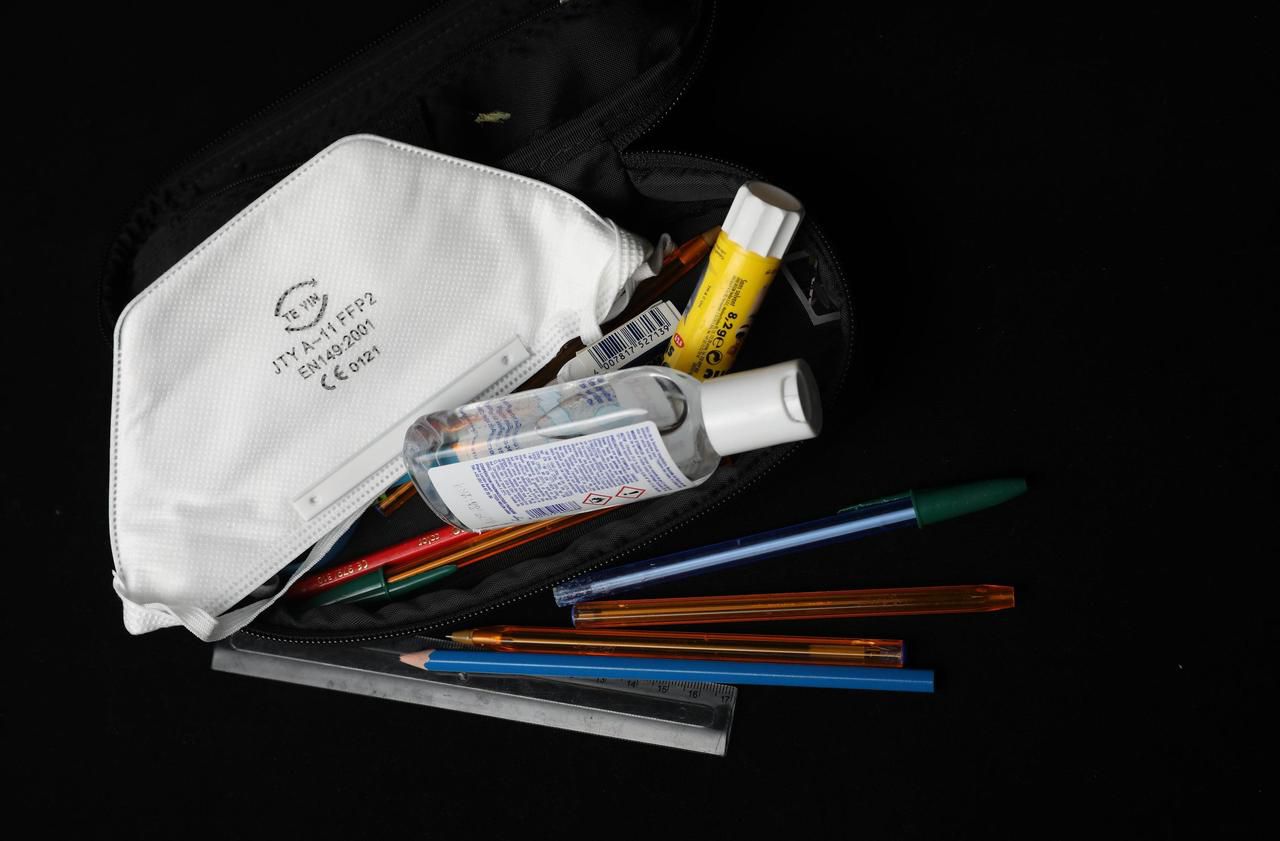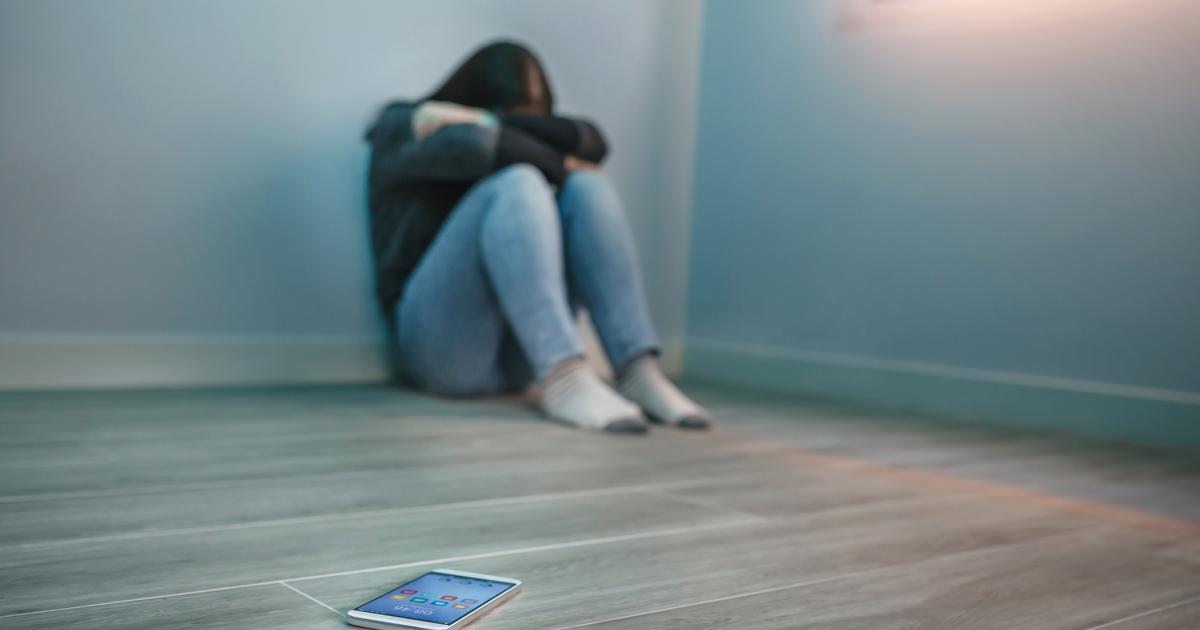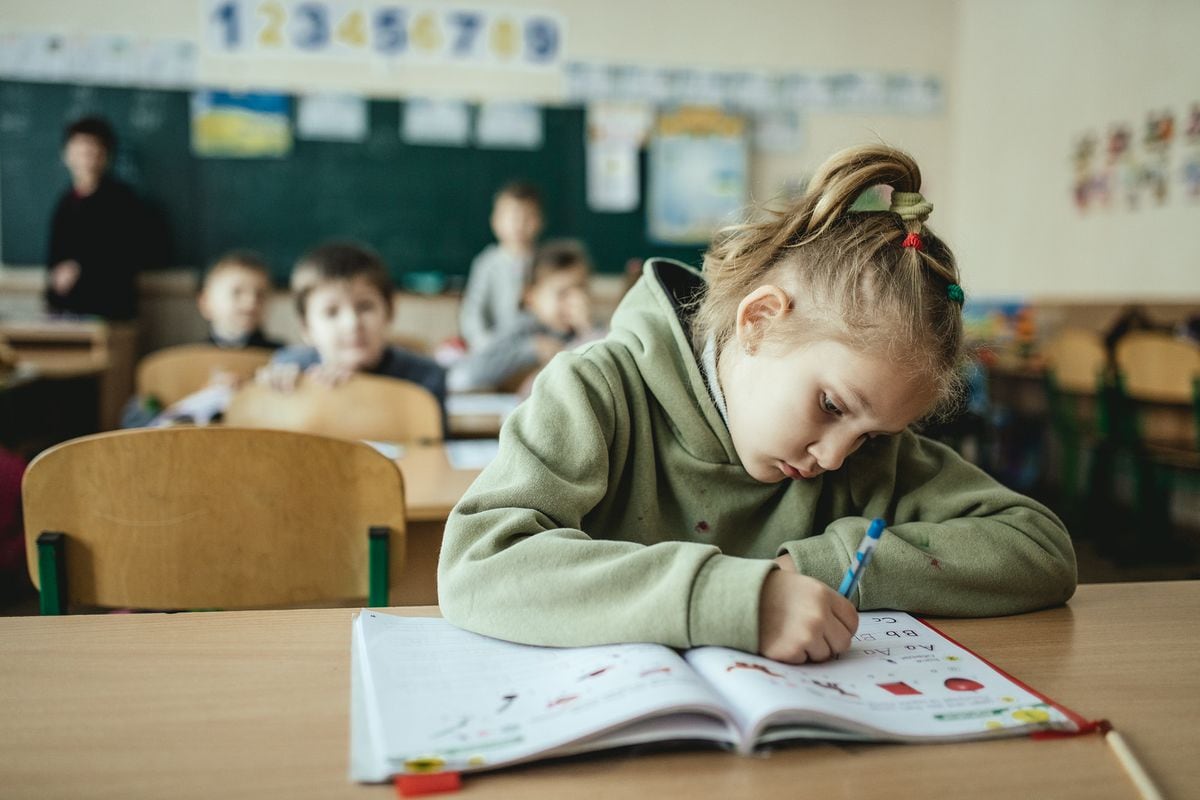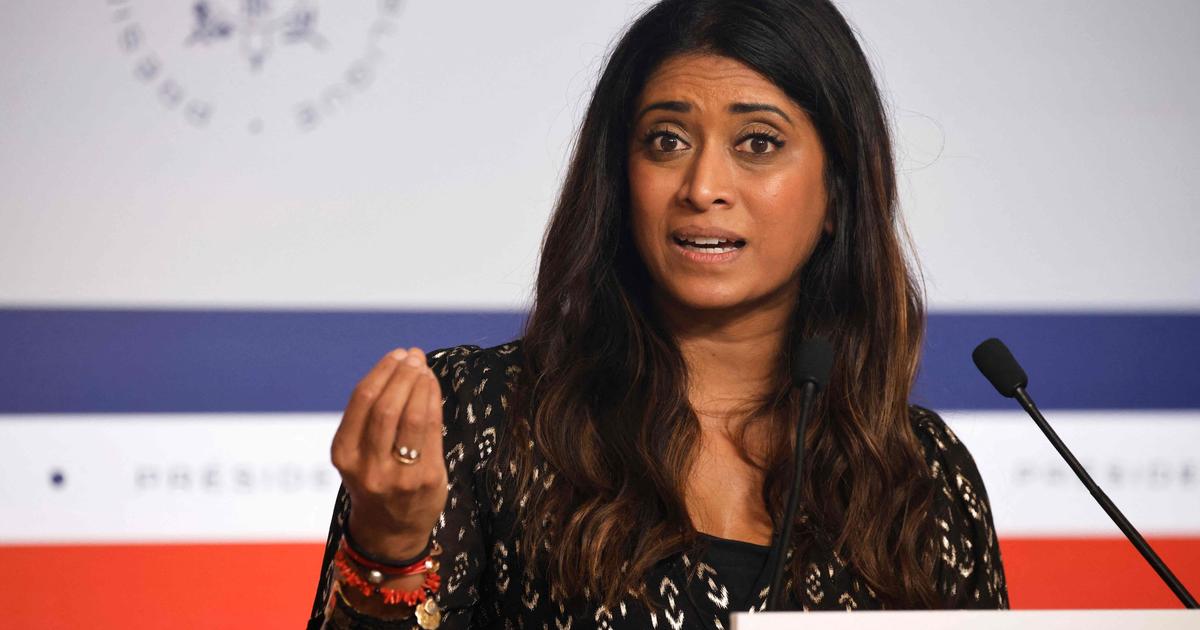By Prof. Thierry Baubet, psychiatrist, head of addictology psychiatry service, Hôpital Avicenne, Bobigny; Pr Francis Berenbaum, head of department at Saint Antoine Hospital, Sorbonne University, UPMC Paris 06 University, Inserm, Saint-Antoine Research Center (CRSA), Saint-Antoine Hospital, AP-HP; Eric Billy, researcher in immuno-oncology, Strasbourg; Dr Matthieu Calafiore, general practitioner, university lecturer, director of the general medicine department of the faculty of Lille; Dr Franck Clarot, forensic pathologist, radiologist, vice-president of the National Federation of Radiological Doctors (76); Collective stop-postillons (Dr Jonathan Favre, Dr Michaël Rochoy, Dr Thibault Puszkarek and Dr Antoine Hutt);Dr Laurent Fignon, hospital practitioner, geriatrician, Cannes; Dr Jean-Daniel Flaysakier, doctor, journalist; Pr Guillaume Gorincour, radiologist, vice-president of the Departmental Council of the National Order of Physicians (13); Pr Karine Lacombe, infectious disease specialist, head of the infectious diseases department at Saint-Antoine hospital, Paris, APHP; Dr Yvon Le Flohic, general practitioner; Dr Christian Lehmann, general practitioner, writer; Dr Jérôme Marty, general practitioner, president of the French Union for Free Medicine (UFMLS); Dr François-Xavier Moronval - emergency doctor; Dr Nathan Peiffer-Smadja, infectious disease specialist, coordinator of the Network of Young Infectious Diseases; Dr Bruno Rocher, addictologist psychiatrist, doctor in charge of the Barbara space, CHU Nantes; Dr Hélène Rossinot, specialist in public health, Nancy; Pr Mahmoud Zureik, professor of epidemiology and public health at the University of Versailles Saint-Quentin.
A few days before the start of the school year, the school is not ready: wearing a mask, ventilating the spaces, distance learning, reducing class sizes, none of this will be implemented in all the establishments on September 1st.
While we welcome the fact that the Ministry of National Education recommends wearing a mask from the age of 11, we believe that it should be adopted from elementary school. In fact, children under 11 are as contaminating as adolescents or adults, as German virologists or the American Academy of Pediatrics have reminded us, which, for its part, encourages the wearing of a mask from 2 years old. In Chinese and South Korean schools, the mask is worn from kindergarten; in Spain, Italy and some German Länder, it is compulsory from 6 years old.
Given the protocol in force in France, nothing seems to prevent schools from becoming clusters. We know their potential role in the spread of Covid-19: in some countries such as Israel or Chile, they have been a major driver of the epidemic. In order to avoid the formation of infectious foci, we risk being forced to increase the number of quarantines, as is already the case elsewhere: in Berlin, after two weeks of class, more than 40 schools have announced hundreds of quarantine of students and teachers; in Réunion, just one week after the start of the school year, 30 schools are already partially or totally closed.
The protocol planned for the start of the September 1 school year does not protect staff, students and their families, and is insufficient to slow the current increase in the number of new cases of Covid-19.
We propose :
1. To recommend the wearing of masks in an enclosed space for all pupils over 6 years old and to distribute masks to them, as in Switzerland, Greece and Italy. This would ensure better compliance with this necessary public health measure.
Newsletter - Most of the news
Every morning, the news seen by Le ParisienI'm registering
Your email address is collected by Le Parisien to enable you to receive our news and commercial offers. Learn more
2. Apply the ventilation measures recommended for professional enclosed spaces, with the help in particular of air quality measuring devices; and to impose rules that are more consistent with scientific data. Aeration of a room every three hours is insufficient.
3. To set up dedicated procedures as quickly as possible in areas of high viral circulation, in order to limit the spread of the virus there and to be able to organize targeted quarantines (reduction of classes by alternating face-to-face and distance learning, limitation of contacts between classes, staggering of recess and canteen).
4. To specify the behavior to be taken when a child or an adult tests positive or has been in contact with a positive case; and to set up a reactive and transparent system for reporting data concerning the number of positive subjects, schools and classes closed, the number of children tested, the deadlines for tests and results.
These proposals are inspired by other countries which have better prepared their return to school: Italy and Portugal, which plan to alternate attendance in class and distance education and have organized classes for small groups of students by requisitioning premises. and recruiting teachers; Denmark, which has limited the number of students to 12 per class… Some countries have opted for distance by limiting the number of students, others have made the wearing of masks more general, still others have chosen both options… Our country has not chosen any.
We therefore ask to act quickly in order to best protect students and staff because, beyond the real health risk, there is also the risk of closing classes by the dozen, with the effect of amplifying the inequalities in terms of knowledge. and learning and sustainably disrupt our economy and society.









